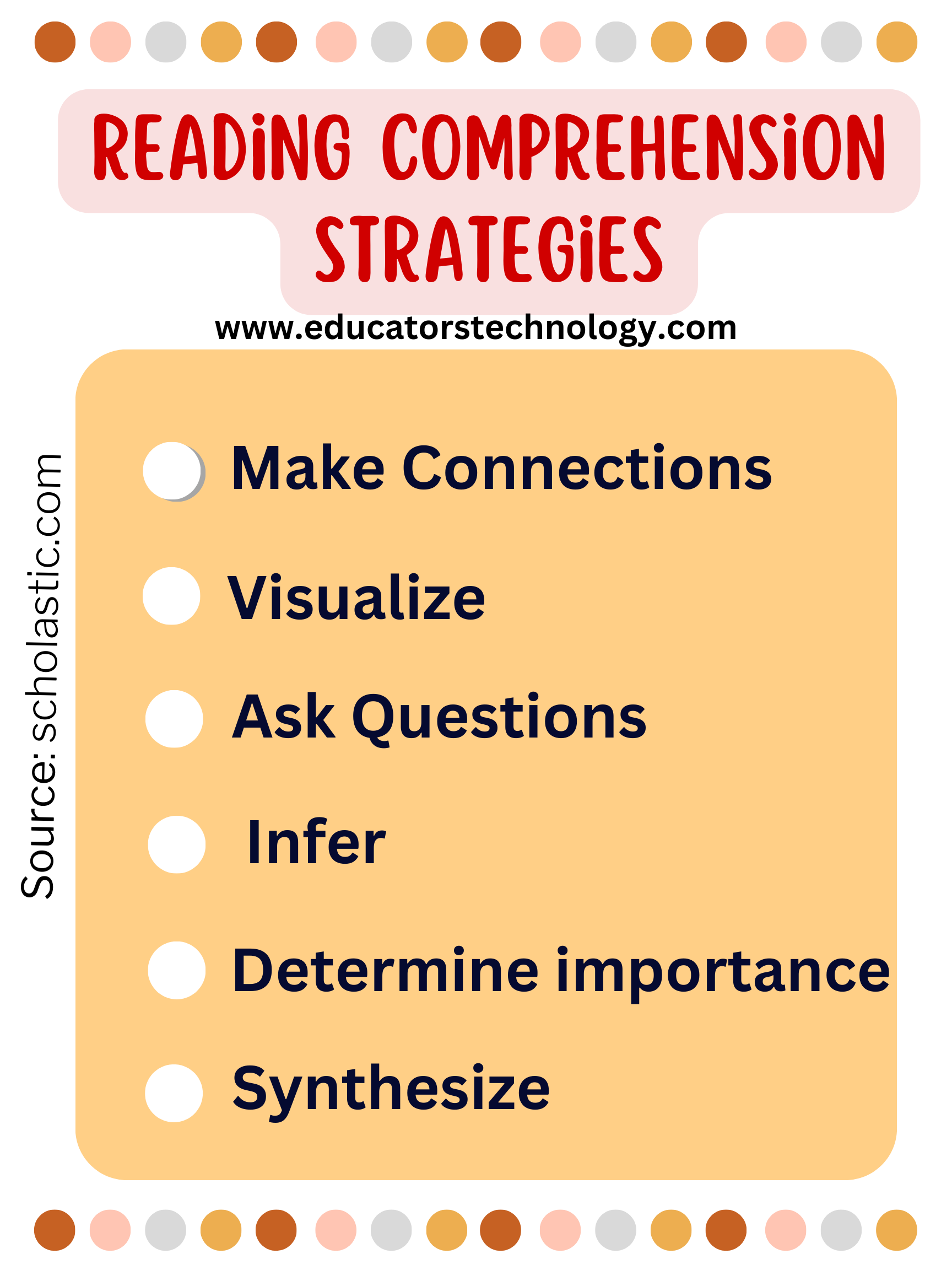Reading comprehension is a crucial skill that is essential for success in both academic and professional settings. Being able to understand and interpret written text is key to absorbing information and effectively communicating ideas. However, many people struggle with reading comprehension, but there are strategies that can help improve this skill.
One effective strategy for improving reading comprehension is to actively engage with the text. This means asking questions, making connections, and visualizing the information as you read. By actively interacting with the material, you are more likely to retain and understand the content.
Another important strategy is to preview the text before diving in. Skim the headings, subheadings, and any bolded or italicized text to get an overview of the main ideas. This can help you focus on key points and better understand the structure of the text.
Additionally, taking notes while reading can be a helpful way to solidify your understanding of the material. Jot down key points, questions, and summaries as you go along. This can help you organize your thoughts and refer back to important information later on.
It is also beneficial to practice active reading techniques, such as summarizing paragraphs or sections in your own words. This forces you to think critically about the content and ensures that you are actively processing the information rather than just passively reading it.
Lastly, don’t be afraid to reread sections that are confusing or unclear. Sometimes it takes multiple passes to fully grasp the meaning of a text. Take your time and make sure you understand the material before moving on.
In conclusion, improving reading comprehension is a valuable skill that can benefit you in many aspects of your life. By actively engaging with the text, previewing the material, taking notes, practicing active reading techniques, and being willing to reread when necessary, you can enhance your ability to understand and interpret written information.
